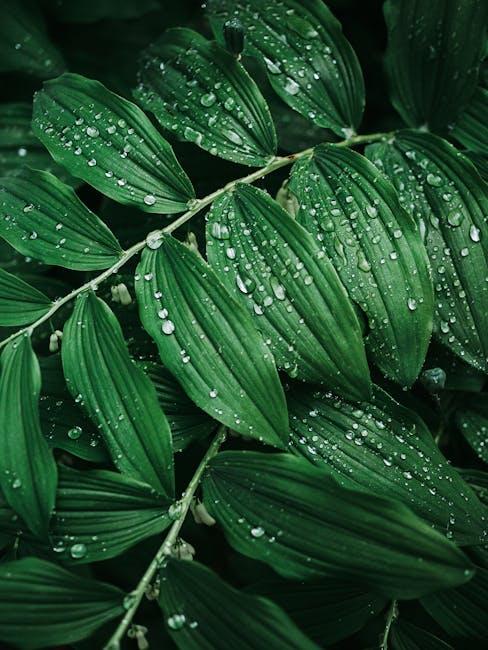The rhythm of life pulses from the heart of every garden, powerfully intertwining with the very essence of existence – water. The invisible bond between mother nature’s subtle craft and the sustaining force of water effortlessly underscores the art of gardening. ‘Water Wise Gardening: Strategies for Conservation and Efficiency’ immerses you into the secret alchemy of pairing this precious resource with your plant kingdom ethically and efficiently. This journey is vivid and verdant, laced with savory realities of water conservation, innovative strategies, whispering the narrative of productivity and ecological responsibility. Prepare to awaken your green fingers and sculpt your earthly paradise in a manner that echoes love for the planet and respect for water, the elixir of life.
First and foremost, coming to the crux of water-wise gardening is understanding efficient irrigation systems for home gardening. This is not about just sprinkling water everywhere but rather designing efficient, well-thought-out systems that minimize wastage and maximize water absorption. For instance, drip irrigation systems and soaker hoses conserve water by directing it to roots and minimizing evaporation.
Creating smart irrigation systems invariably go hand in hand with selecting drought-tolerant plants. These hardy species have evolved mechanisms that allow them to withstand dry conditions. They typically have deep root systems, leaves that minimize water loss and some even store water in their leaves, stems or roots. Examples include lavender, sage, thyme, and many succulents.
Rainwater harvesting is an age-old practice that has been reinvigorated in the modern era of water conservation. The concept is simple – storing rainwater from roofs or other hard surfaces during wet weather for use during dry periods. This saves on mains water and does wonders for your plants, as rainwater is naturally soft and free of chlorine and other chemicals.
The art of mulching also plays a pivotal role in retaining garden moisture. It involves spreading organic material like straw, bark, or compost on the soil surface. Mulching not only retains water by reducing evaporation but also prevents weed growth and enhances soil fertility. So, it’s more than just a water conservation strategy – it’s a health boost for your garden.
Finally, zoning your garden is an underutilized strategy in water-wise gardening. Not all plants need the same amount of water, and grouping similar ones together can make watering more efficient. You could consider creating “hydration zones” with plants that have similar water needs. These might range from “thirsty zones” requiring regular watering, to “drought-tolerant zones” that can go weeks without a sprinkle.
| Gardening Zone | Plant Types | Watering Frequency |
| Drought-tolerant Zone | Succulents, Sage, Lavender | Once in 2-3 weeks |
| Thirsty Zone | Fruit Trees, Vegetable Plants | 2-3 times a week |
So, with these techniques in hand, you’re well-equipped to embark on your journey of water-wise gardening, paving the way for a sustainable, eco-conscious green space.
As we bring our journey through the green Eden of water-wise gardening to an end, let us remember that every drop of water that we save is a pledge of longevity and prosperity to our handsomely flourishing gardens. From drought-resistant plants to intelligent watering systems, the strategies for conservation and efficiency are like beautiful melodies to Mother Earth’s ears. Implementing these methods isn’t just about being a responsible gardener - it’s about painting a greater picture of sustainability and nourishment for our planet. In the end, when we learn to engage with our gardens in a mindful, water-friendly manner, we actually grow too, blossoming alongside our cherished daisies, daylilies, and daffodils. Let us water wisely, cultivate mindfulness, and reap a garden that’s not only lush and healthy, but also an embodiment of our commitment towards the environment. The secret to a thriving garden lies in the hands of the gardener who thinks water-wise. Happy gardening, and remember, the future is but a seed – let’s water it responsibly.


















